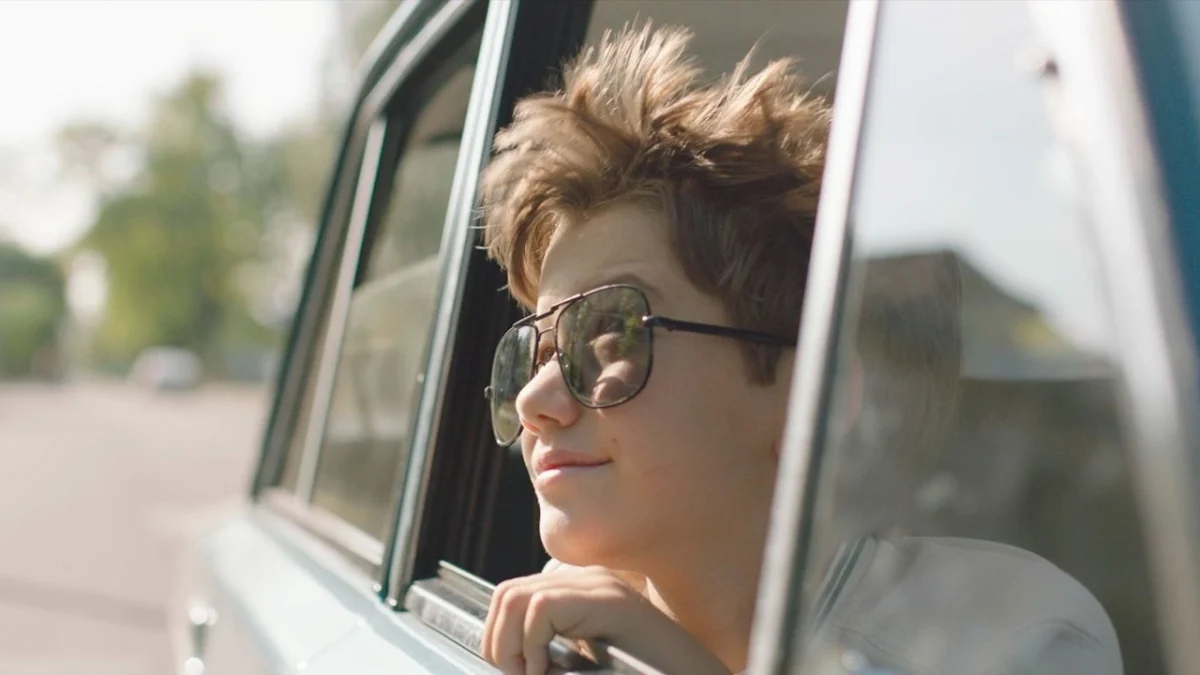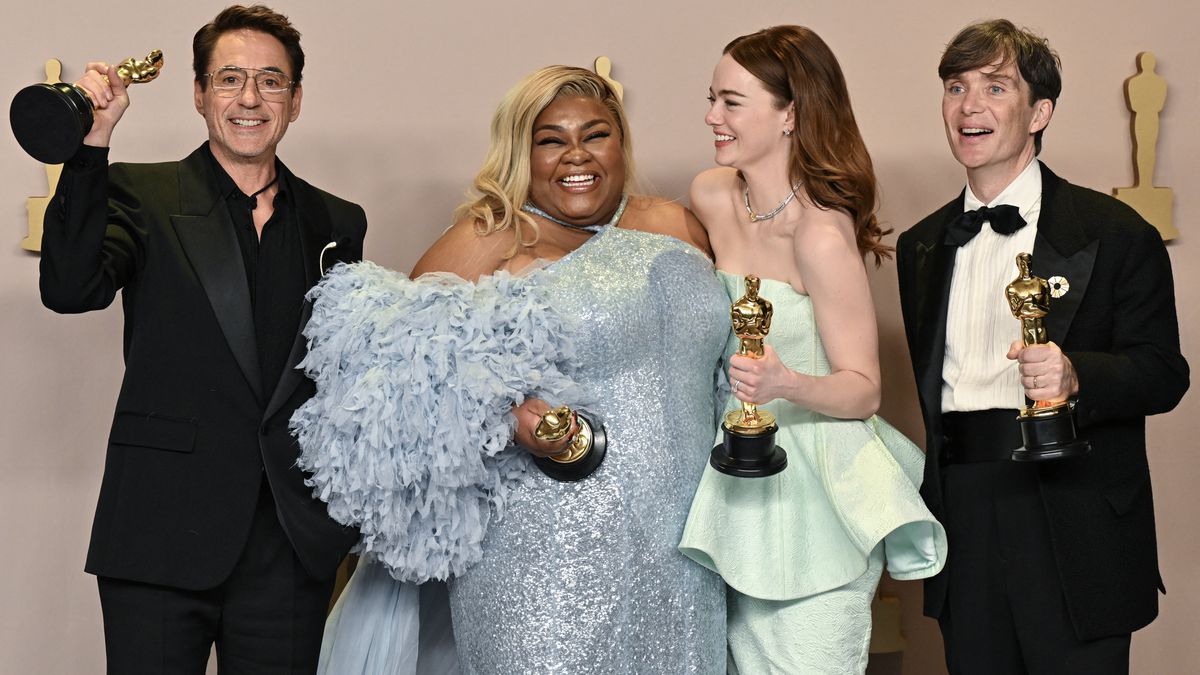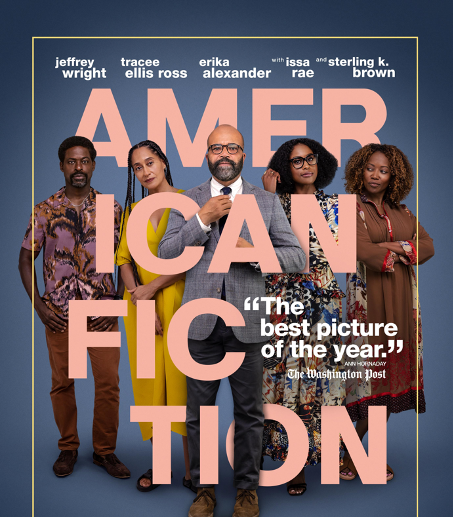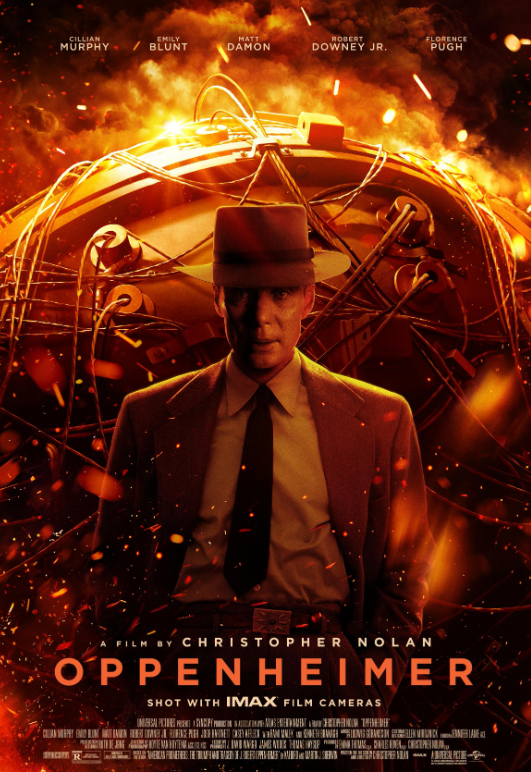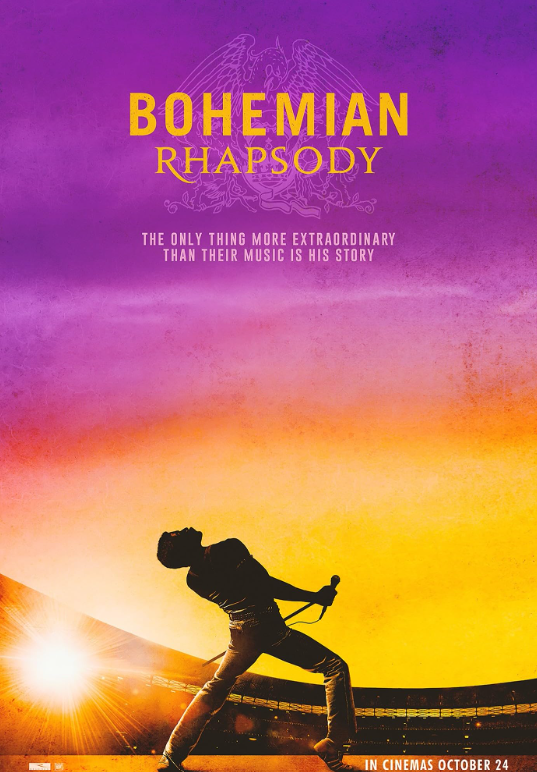
There are few people on God’s green earth that make me sadder than the ones who only watch horror movies in October.
Sure, Halloween might be the best holiday in the world this side of Passover (the best Seders are the spooky ones!), and those toothy jack-o’-lanterns and falling leaves set a perfectly eerie tone. Still, why deny yourself one of the world’s greatest pleasures for 11 months of the year?
Since I am sure, dear reader, that you are overwhelmed by the litany of listicles from Buzzfeed, Bustle, Answers.com, and the other usual suspects about 10 horror movies you absolutely must watch this month, I propose a slight change of pace.
Here are some great movies not traditionally recognized as part of the horror genre even though they can still chill you to your core.
There’s not a single ghost, ghoul, goblin, or serial killer with a pathological hatred of horny teenagers in any of these movies, yet all of them find a way to keep you up at night just the same.
“Jesus Camp”
It’s a little surprising that more documentaries aren’t shown at horror marathons. After all, doesn’t the knowledge that this stuff is actually going on lend itself to an even greater degree of terror?
Maybe we can only handle our fears when they’re told via metaphor rather than the genuine article. In any case, “Jesus Camp” focuses on a fundamentalist Christian summer camp in North Dakota and uses this congregation as a focal point to discuss how evangelicalism has developed and taken hold of American politics.
While it’s a little funny to see Ted Haggard – who was later caught with a male escort and a whole bunch of crystal meth – preach against the evils of homosexuality, it becomes much more terrifying when one considers the fact that he’s preaching this message to an audience of millions.
The moment that raises the hairs on my neck the most though, is when one of the kids at the camp sheepishly admits his affection for “Harry Potter,” and all of the children glare at him as if he’s Lucifer in the flesh. Eat your heart out, “Children of the Corn.” See this movie so that we’ll all know how to deal with Ted Cruz once he rears his weaselly face again in 2020.
“Melancholia”
A planet named “Melancholia” is hurtling toward the earth. All of the leading experts say that it’s just a phase – that it’ll pass. Only one woman (Kirsten Dunst) seems to pay it any attention. She’s alienated her friends and family. Every piece of food tastes like poison. Interests that once inspired passion now feel like chores. A looming void envelops her world, and, try as she might, she cannot shake the feeling that the apocalypse is just around the corner. And you long for it to come. Depression sucks.
“Mulholland Drive”
From “Eraserhead” to “Twin Peaks,” most of David Lynch’s filmography deserves a spot on this list. Never weird for weirdness’s sake, Lynch’s movies are filled with surreal, abrasive imagery and deeply screwy psychology. Forgive me for the hyperbole, but if “Mulholland Drive” isn’t the best movie ever, then it comes pretty close.
A plucky actress (Naomi Watts) arrives in Los Angeles and becomes embroiled in a love affair with a mysterious woman involved in duplicitous activities. The way she processes these events may prove too much for her psyche to handle. This synopsis is only… sort of what the movie is about.
A phantasmagoric trip into dreamland, “Mulholland Drive” is about the way we process the shame, guilt and regret that our past actions invoke with us. Lynch has unzipped our brains and shown us all of the ugly, haunted ids that have poured out, and we are horrified by what we see.
“Persona”
There’s a good chance that I’m just not smart enough to convey what makes “Persona” so great. A 1966 black-and-white Swedish film (don’t scroll up now), “Persona” focuses on the relationship between nurse Alma and Elisabet, who has become mute for unknown reasons. For the vast majority of the film, only these two figures occupy the screen, and Ingmar Bergman often shoots their faces as they overlap each other.
We are two people locked inside one body, and that conflict between the outer and inner-self fills us with constant dread. A strong influence on my beloved “Mulholland Drive,” “Persona” reflects on our inability to convey our true selves to others and our fear of what they might think if we find the ability to do so.
“We Need to Talk About Kevin”
Is the monster born or is it created? This question is central to “We Need to Talk About Kevin.” After her sociopath son has committed a school shooting that results in dozens of deaths, Eva (played by cultural treasure Tilda Swinton) must reflect on her experiences with the titular Kevin and see where she went astray.
The film does not take the cliché “blame the mother” route one might expect in these types of narratives. “Kevin” deconstructs horror tropes in a way far removed from the smugness of “Funny Games” or “The Cabin in the Woods.” The film meditates on the meaning of “monster” and the true horror that comes from our inability to process their existence. We have been introduced to many monsters in 2016, and besides maybe Peter Thiel, they don’t have horns and fangs.
Nate Taskin can be reached at [email protected].














